The 12 PCI DSS Requirements to Ensure PCI Compliance
Stax
JULY 16, 2024
If merchants are exposed to security vulnerabilities when processing digital payments, the risk of cardholder data falling into the wrong hands increases exponentially. This is why PCI DSS compliance is critical. In this article, we’ll discuss why your business needs to ensure PCI compliance and what the 12 PCI DSS v4.0



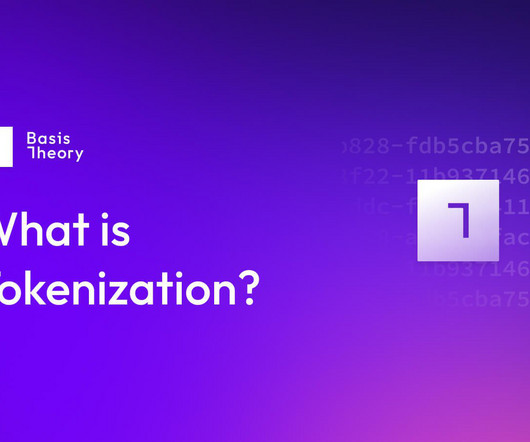
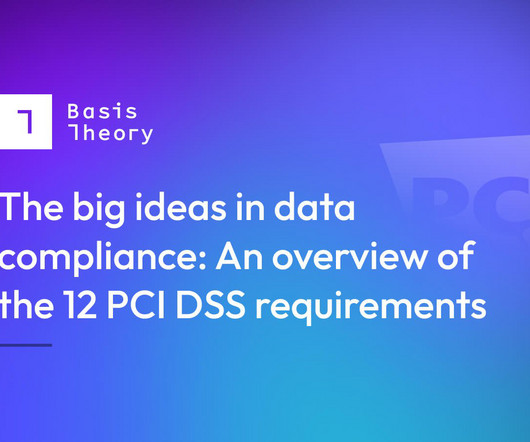


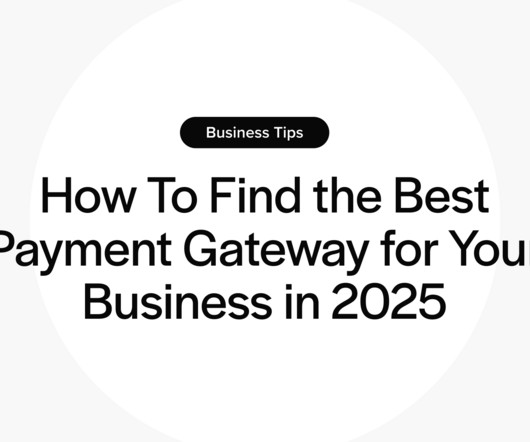

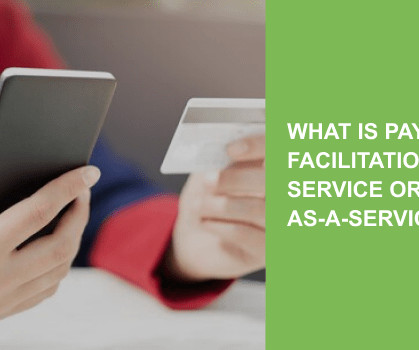
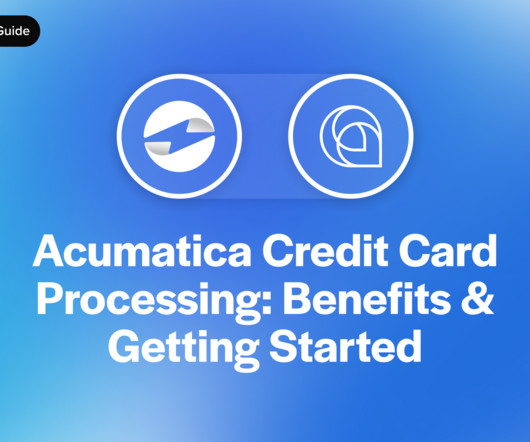


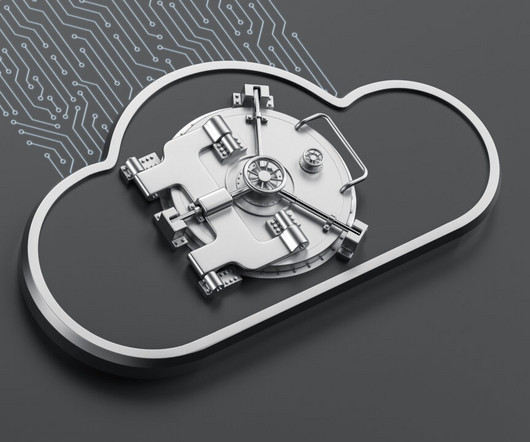






Let's personalize your content